
Machine Learning (ML) 6 Months Industrial Training in Amritsar
Build a career in Machine Learning (ML) through premium training program accompanied by global certificate. Applied case studies and Industrial curriculum help you to be ahead of others from the very first step.
Training Overview
Being an IT company, we know exact profile specifications and technical requirements for Machine Learning (ML) developers. We have drafted the most advanced industry oriented curriculum for Machine Learning (ML). That’s why NSPL Machine Learning (ML) Training in Amritsar is ranked best among professionals in international arena.
Machine Learning (ML) Training will be delivered by NSPL senior Machine Learning (ML) developers who have experience of more than 10 years on international and domestic Machine Learning projects. Their vast experience and mentoring at our Machine Learning (ML) Training Centre in Amritsar help you learn Machine Learning (ML) from scratch to most advanced APP Building Topics.
Training Methods

Classroom Training
Learn in conventional classroom environment with face-to-face instructions and interactivity with faculty. You'll get advantage from a proven curriculum and collaboration between others in the class.

Online Training
Get live, interactive training from the convenience of your office or home with live online training. Online training highlights all the same benefits of live faculty interaction with convenience.
Training Program Features
Industry Oriented Most Advanced Curriculum
Exclusive Updated Digital Study Material
Individual Attention with Small Batch Size
Modern Projector Based Training Classrooms
Video Recording of Every Training Session
Real Clients Based Applied Case Studies
Well Equipped Labs with Wi-Fi Connectivity
Practice Assignments to Improve Learning
International Points Based Grading System
Training Curriculum
Definition and Scope of AI
History and Evolution of AI
Applications of AI in Real Life
Types of AI: Narrow, General, Super
Weak AI vs Strong AI
AI vs Machine Learning vs Deep Learning
Symbolic AI and Classical Approaches
Intelligent Agents
Turing Test and Rational Agents
Ethics and Social Implications of AI
Introduction to Python Programming
Data Types, Variables, and Operators
Control Structures and Loops
Functions and Lambda Expressions
Lists, Tuples, Dictionaries, Sets
File Handling in Python
Exception Handling
Modules and Packages
Working with Jupyter Notebooks
Introduction to Virtual Environments
Introduction to OOP
Classes and Objects
Constructors and Destructors
Inheritance (Single, Multiple, Multilevel)
Polymorphism
Encapsulation
Abstraction
Method Overloading and Overriding
Class vs Instance Variables
Real-world Examples using OOP
NumPy for Numerical Computation
Pandas for Data Manipulation
Matplotlib for Data Visualization
Seaborn for Statistical Plots
Scikit-learn for ML Models
TensorFlow for Deep Learning
PyTorch for Neural Networks
OpenCV for Computer Vision
NLTK and spaCy for NLP
Hugging Face Transformers Library
Linear Algebra Basics (Vectors, Matrices)
Matrix Multiplication & Inversion
Calculus Basics (Derivatives & Integrals)
Partial Derivatives and Chain Rule
Probability and Statistics
Descriptive vs Inferential Statistics
Mean, Variance, Standard Deviation
Bayes’ Theorem
Gradient and Gradient Descent
Eigenvalues and Eigenvectors
Understanding Structured and Unstructured Data
Data Collection Methods
Data Cleaning and Imputation
Feature Engineering
Feature Scaling (Normalization, Standardization)
Handling Missing and Outlier Values
Encoding Categorical Variables
Data Splitting: Train/Test/Validation
Data Visualization for EDA
Data Pipelines and Automation
Machine Learning Fundamentals
Feature Extraction
Fine Tuning Hyperparameters
Supervised Learning
Unsupervised Learning
Reinforcement Learning
Semi-Supervised
Gradient descent
Model Evaluation & Selection
Regression
GoogleColab
Introduction to Supervised Learning
Linear Regression
Logistic Regression
Decision Trees
Support Vector Machines (SVM)
K-Nearest Neighbors (KNN)
Naive Bayes Classifier
Random Forests
Gradient Boosting Machines (XGBoost, LightGBM)
Evaluation Metrics (Accuracy, Precision, Recall, F1)
Introduction to Unsupervised Learning
K-Means Clustering
Hierarchical Clustering
DBSCAN
Principal Component Analysis (PCA)
t-SNE for Dimensionality Reduction
Anomaly Detection
Association Rule Mining
Recommendation Systems
Evaluation of Clustering
Basics of RL and Agents
Environment and Reward System
Markov Decision Process (MDP)
Q-Learning
Deep Q-Networks (DQN)
Policy Gradient Methods
Actor-Critic Models
Exploration vs Exploitation
OpenAI Gym Environments
Real-life Applications of RL
Introduction to Neural Networks
Perceptron’s and MLPs
Activation Functions
Forward and Backpropagation
Loss Functions
Convolutional Neural Networks (CNNs)
Recurrent Neural Networks (RNNs)
Long Short Term Memory(LSTM)
Generative Adversarial Network(GAN)
Autoencoders
Deep Learning Frameworks (TF, PyTorch)
Text Preprocessing (Tokenization, Lemmatization)
Bag of Words and TF-IDF
Word Embedding’s (Word2Vec, GloVe)
Named Entity Recognition (NER)
POS Tagging
Sentiment Analysis
Text Classification
Topic Modeling (LDA)
Transformers in NLP
Language Translation and Generation
Introduction to CV and Image Processing
Image Representation and Color Models
Image Filtering and Edge Detection
Object Detection (Haar, HOG)
CNNs for Image Classification
Image Augmentation Techniques
Face Detection and Recognition
Transfer Learning with CNNs
Image Segmentation
OCR (Optical Character Recognition)
What are LLMs?
Transformer Architecture
GPT, BERT, T5 Comparison
Pertaining and Fine-tuning
Prompt Engineering
Zero-shot, Few-shot Learning
Using Hugging Face Models
Text Generation and Completion
Semantic Search with LLMs
LLM APIs (OpenAI, Cohere)
Definition and Evolution of AI Agents
ReAct and Chain-of-Thought Reasoning
LangChain Agents
AutoGPT and BabyAGI
Tool Use and Function Calling
Agent Memory and Planning
Multi-Agent Collaboration
Task Automation with Agents
Human-in-the-Loop Design
Guardrails and Safety
Introduction to Robotics
Sensors and Actuators
Robotic Kinematics
Perception and SLAM
Path Planning Algorithms
Robotic Control Systems
Vision-Based Navigation
ROS (Robot Operating System)
Simulators (Gazebo, Webots)
AI for Manipulation and Locomotion
Bias in AI Models
Explainable AI (XAI)
AI Governance and Compliance
Data Privacy and Protection
AI and Job Displacement
Fairness Metrics
Red-teaming and Safety Protocols
Adversarial Attacks
Responsible AI Development
AI Regulation (EU, India, Global)
Model Serialization (Pickle, Joblib)
REST APIs with FastAPI / Flask
Model Deployment with Docker
Model Monitoring and Logging
Version Control for Models
A/B Testing Models
CI/CD for ML Pipelines
Using Streamlit and Gradio
Cloud Deployments (AWS, GCP, Azure)
MLflow and Model Registry
Defining Project Objectives
Problem Formulation
Data Collection and Cleaning
Model Selection
Training and Tuning
Evaluation and Metrics
Deployment Strategy
Feedback Loop and Maintenance
Documentation and Reporting
Case Study Development
"Creativity leads to thinking, thinking provides knowledge and knowledge make you professional. That makes NSPL RTC to include Osborne-Parnes creativity model in learning"
Training Duration
Regular Track
6 Months Duration
2 hours daily
5 days in week
(Monday to Friday)
Fast Track
3 Months Duration
4 hours daily
5 days in week
(Monday to Friday)
Applied Case Studies

Applied case studies methodology in learning acts as a link between theory and practice and thus, makes students better equipped to deal with situations in the professional world.
Training Program Fee

For Indian Students
INR 65000 1,35000
Limited time offer
Fee is inclusive of all applicable taxes and include examination and certification fee. No hidden charges of any type.

For International Students
US 850 1750
Limited time offer
Fee is inclusive of all applicable taxes and include examination and certification fee. No hidden charges of any type.
Google Reviews

Sukhmani Kaur
Trainee Software Testing
People working NSPL are very helpful towards their students. They dedicate their time to teach and develop software development skills. Whether its software development or software testing they provide equal importance and emphasize on building career development goals for their students.

Ramanpreet Kaur
Trainee Software Testing
I m pursuing Software Testing at NSPL RTC. NSPL is one of the best Training Center of the Amritsar for giving Professional training that is very effective for professional life. If you want to study seriously then, this is the right place. No one is fresher after completing their study in NSPL RTC.
New Batch Starting on 12 February 2026
Take a live online training session and experience true master class of industry’s best professional trainers.
NSPL RTC Faculty
IT training doesn’t mean only to learn commands of a language, as it is also available in books and online tutorials. Professional IT training means get to know how to make corporate level projects by using these commands and these can only be taught by working professionals who have in depth experience on such projects.
To become top IT Professional, you don’t need only a faculty with 5+ years of training experience, you need top-notch MNC working professionals with vast experience on corporate projects who are passionate to share knowledge as faculty.
5 Fast Facts about our Faculty
1 IT Professionals
All NSPL RTC faculty members are currently working professionals with IT companies on top profiles and teaching is their passion.
2 8+Year of Experience
All Faculty members have minimum 8+ Years of experience on Class-A domestic and international projects.
3 Subject Specialists
All Faculty members are industry-experts and subject specialists with multiple technologies.
4 Professional Mentor
Faculty at NSPL RTC also acts as mentor and counseled students to advance their educational and personal growth.
5 Life Time Access
Students will get life time access to faculty for guidance and solutions making Faculty-Student relation enduring at NSPL RTC.
Have a training session once at NSPL Research & Training Centre and experience the True Master Class Professional Training
Training Certification
Global Certification
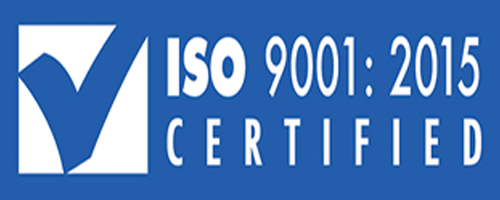
Our all Training Programs are equipped with ISO 9001:2015 Certification which is recognized in 162 countries for higher studies and jobs.
USA Accreditation

Our Training Quality Standards are accredited by
United Accreditation Foundation
3510, Colmar, Norfolk, VA 23509
U.S.A
Certificate Verification

Our Online Certificate Verification System helps the employers or academic institutions to speedily verify our student’s certificates online.
"To be on top, it’s better to learn with a few lions than a hundred sheep. Have advantage to learn with best graduates around the world."
Career Prospects
Placement Preparation Process
NSPL RTC has well designed Placement Preparation Process to ensure the placement of our student in top companies. It is crucial for student’s career and through this students become aware about placement criteria and procedures.

1 : 1 Mentoring Sessions

CV Preparation

LinkedIn Profile Building

Interview
Questionnaires

Employment Skills
Training

Mockup Interview
Preparation
Our Placements

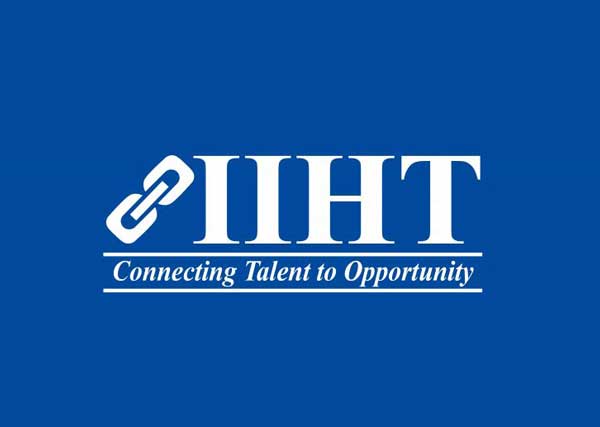
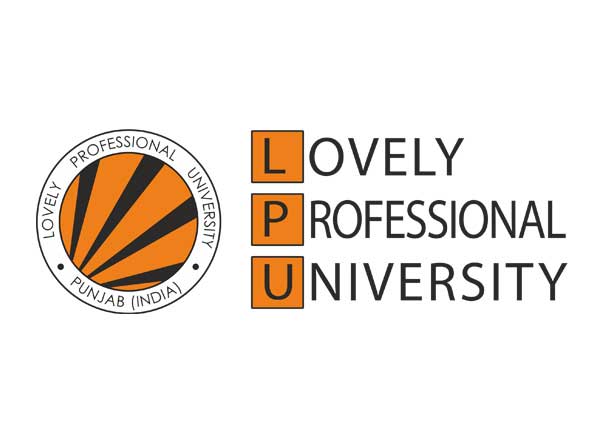

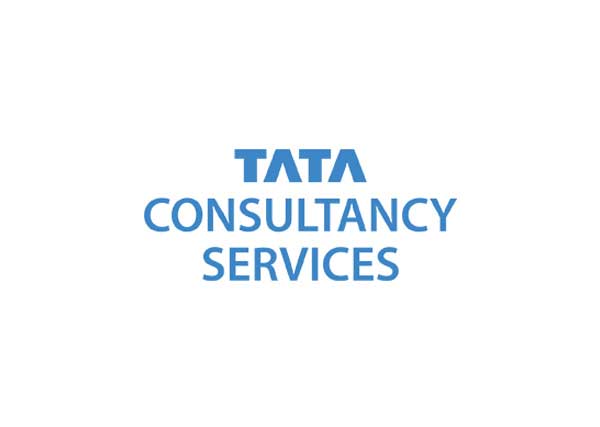

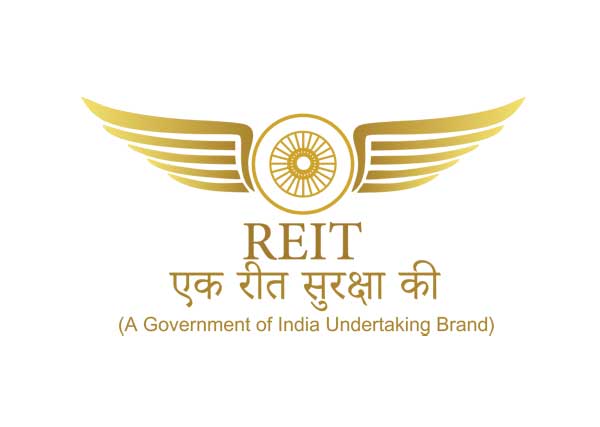

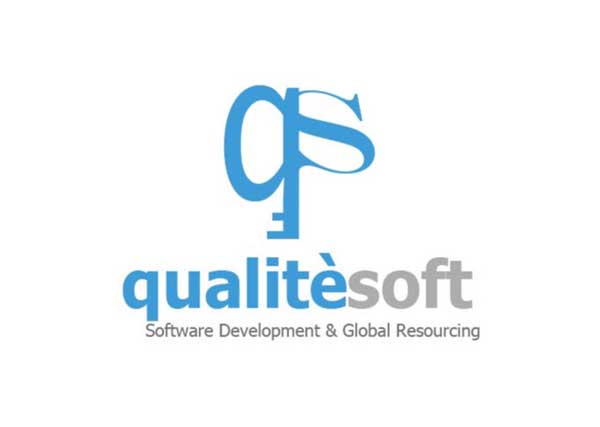




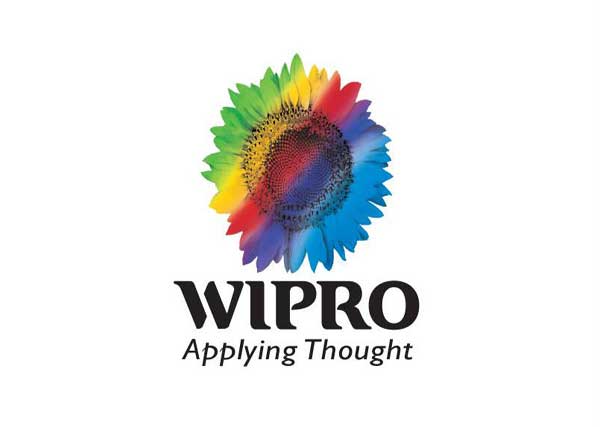
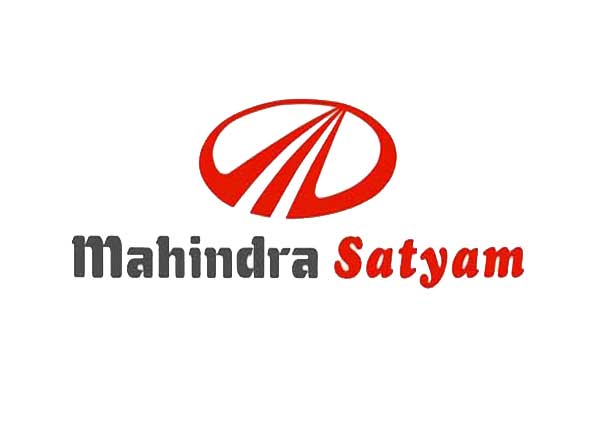


"Opportunities don’t happen, you create them. More than 70% of employers do online screening to recruit. NSPL RTC’s Collaborative Sharing program makes your profile stand out from the crowd"
Student Spotlight

Sukhmani Kaur
(India)Trainee Software Test Engineer
Since, the beginning I have been building keen interest in learning various kinds of software programs especially if it’s a mobile application. This interest has allowed me extend my knowledge towards software analysis...
Read More
Amanbir Singh Seth
(Canada)Trainee Software Test Engineer
I am extremely quick to gain some new useful knowledge. From my school days I am exceptionally dedicated and extraordinary enthusiasm in studies. Additionally i have colleague abilities as I have worked under...
Read More
Nidhi Gupta
(Belgium)Trainee Software Test Engineer
A person who is passionate to learn and believer in continuous learning and development ‘ can define me in one phrase. I was a good student in my school and college but I realized soon that what we learn in formal education...
Read MoreInternational Student Support

NSPL RTC student services department aims to offer a number of support services to them throughout their time at NSPL RTC & meet the challenges of moving to a country.
About Amritsar City

Amritsar is characterized as being very progressive, diverse and multicultural city. The Education Institutions here provide ultimate progression to learn in a peaceful place.
"Getting the most out of life is not about how much you keep yourself , but how much you pour into others is the heart of mentoring. If your mentors only tell you that you are awesome, it's time to find other mentors"
Frequently Asked Questions
Yes, Industrial training in Machine Learning (ML) covers everything to be a Machine Learning (ML) Developer. Machine Learning (ML) includes advance training along with Applied case studies. This provides sufficient knowledge to be a Machine Learning (ML) Developer.
Project is of two types Dummy Project and a Live Project. Live Project means when you work for a Client and you have to modify the project as per his requirements which makes you a work ready professional. The Dummy Project that you are talking about is any project created by you without any client requirements and is being made at your comfort zone. Both the project can be uploaded on domains but when you go for an interview live project is much more valuable than a Dummy Project.
Industrial training program is divided equivalently between Training and a Project. This includes core technical training to inculcate the technical concepts in the candidate to the depth. Then student have to work on live project.
NSPL-RTC has dedicated Student body, which provides range of student services to make the stay of students comfortable during training. You can check these services under student services section at nsplrtc.com
No. NSPL is not an institute, so it cannot have branches. As this is the only Research and Training Development Center PAN India so Industrial training in Machine Learning (ML) is undertaken only in our NSPL branch Amritsar, Punjab, India.
Both these are added in Industrial training in Machine Learning (ML). So, no separate registration or fee is required for that.
NSPL-RTC has incorporated placement preparation training in each training curriculum. So, after the successful completion of the training, candidate will be well equipped with the technical knowledge, corporate ethics and interview techniques. NSPL also has a dedicated placement cell providing placement assistance for off-campus placements.
NSPL RTC Host hundreds of students every year all across the globe. We have various payment methods.
NSPL has published complete details about visa on its website. Please check http://nsplrtc.com/students-services-visa-assistance/
Amritsar is holy city of Punjab and is quiet safe. NSPL RTC hosts lot of foreign students every year from all over the world.
Contact us
Address
NSPL Complex, 288, Tilak Nagar,
Amritsar - 143001, Punjab (India)
Contact Numbers
+91-92165-12165
(Available Between 9:00 AM To 6:00 PM IST)

